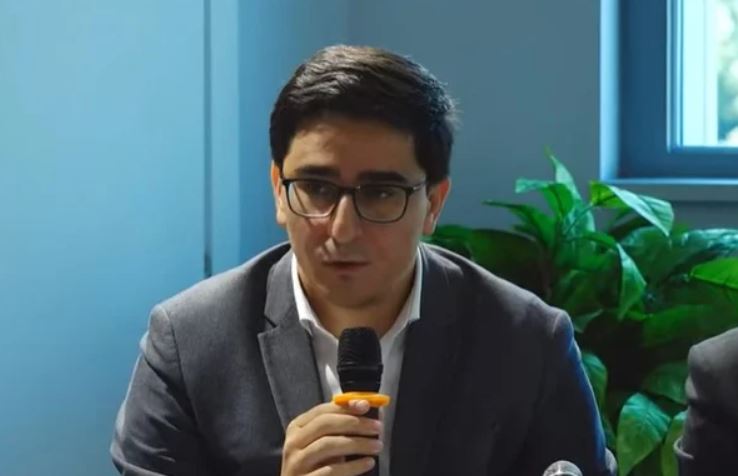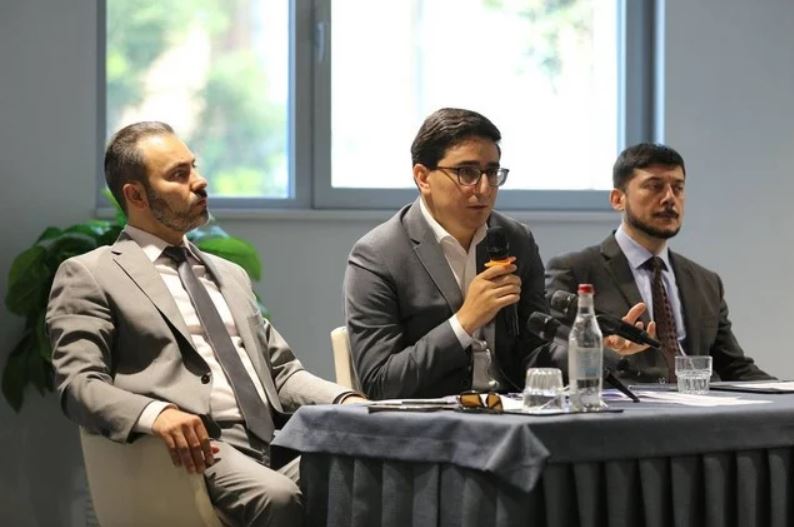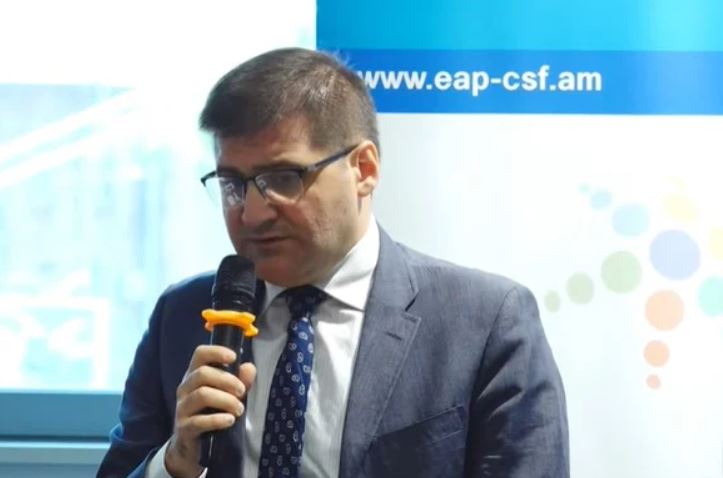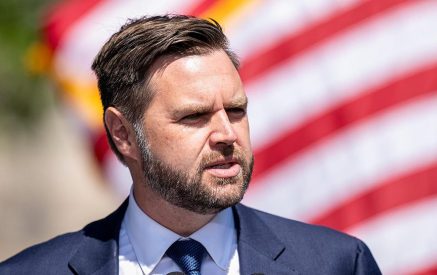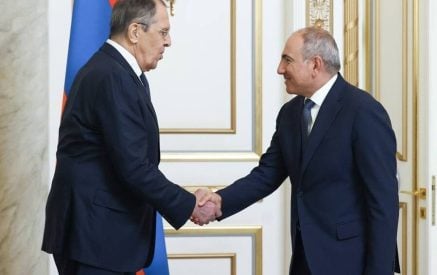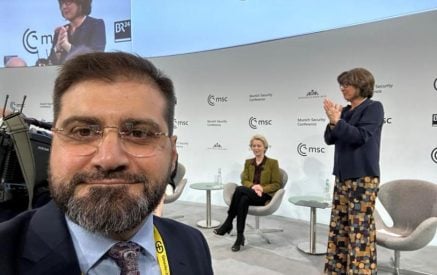Is the issue of changing the form of government being discussed within the framework of the constitutional reforms? Yeghishe Kirakosyan, representative of the Republic of Armenia in the ECHR, said in response to this question raised at the joint discussion of the Constitutional Reforms Commission and the Armenian National Platform of the EaP CSF, that at the moment the commission is in an active working phase, and as a result of its work, the material will be presented to the board for discussion. Then, according to Kirakosyan, during the discussion of the council, all substantive issues should be discussed, and there is an opportunity to present proposals.
“I think that when we have a result about problematic issues, it will be discussed again. The form of government is one of the key points or the most interesting thing is what form of government we will choose. That is the fundamental issue, and naturally, that issue also needs discussion. There are approaches that it is often not recommended to change the form of government, because you lead the country to a new stress. But there is an approach that you need to discuss everything: there are certain years of experience of the existing form of government, there are clear data on the basis of which you can analyze the gaps, including those that appeared during the war, which is a difficult touchstone, it showed a lot problems that existed in the constitutional regulations regarding security issues,” said Kirakosyan.
Read also
Arman Babajanyan, head of the For the Republic party, said, “The current Constitution began its course on September 4, 2013, and not at all by chance, because September 3 was the famous turning point of Armenia (meaning EEU membership- N.B.). From that day, the process of crushing our state and statehood began.” He inquired whether all the problems that led to the need to implement new constitutional amendments have been filed, and what those problems were, and whether they have anything to do with the protection of democracy and the strengthening of statehood. “If the war had not happened, would we have had a discussion of the same quality and content?”
In this regard, Yeghishe Kirakosyan said, yes, the war brought up many problems and changed many priorities. “The war disrupted the process of the first constitutional reforms and in a very drastic way because many priorities in the country changed, and naturally, we looked at the challenges of that time with a different eye, now we have a different one. This is the way to learn lessons.”
Nelly BABAYAN




















































